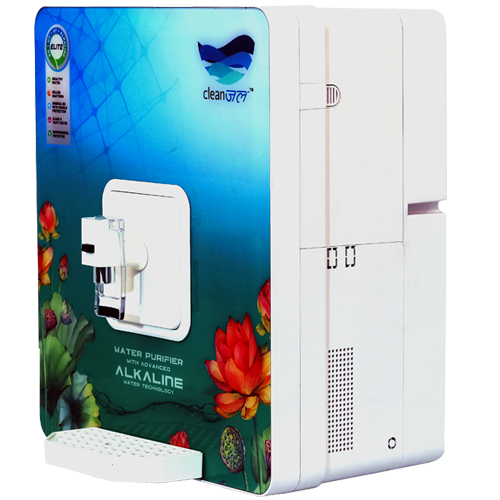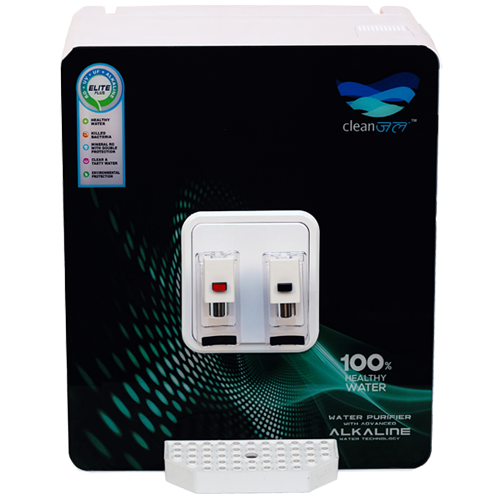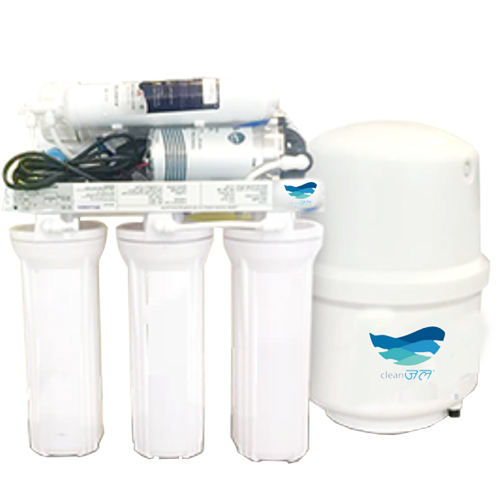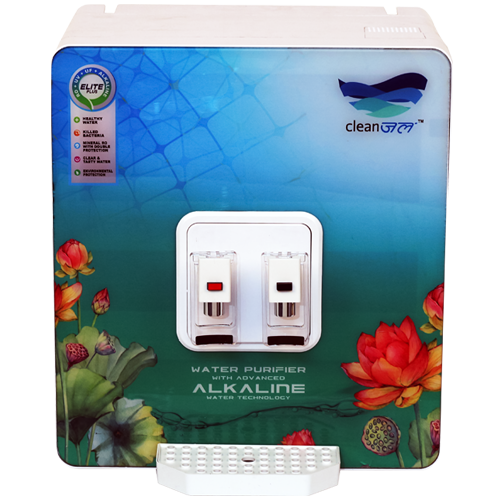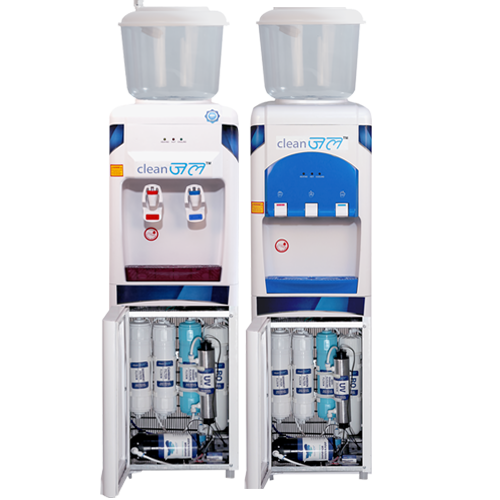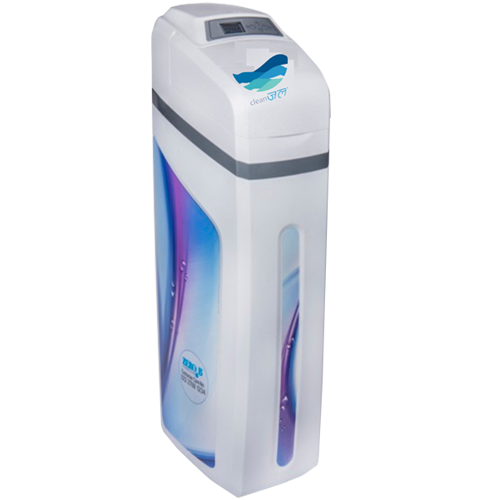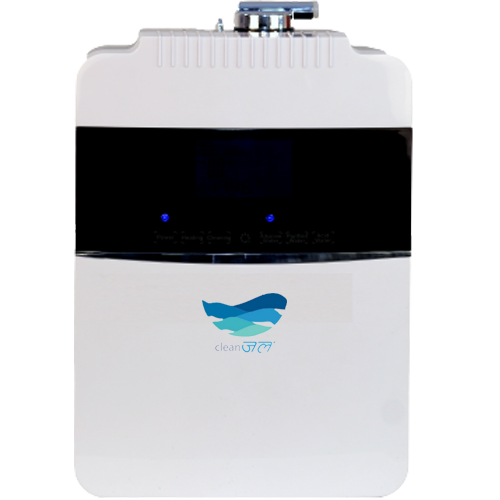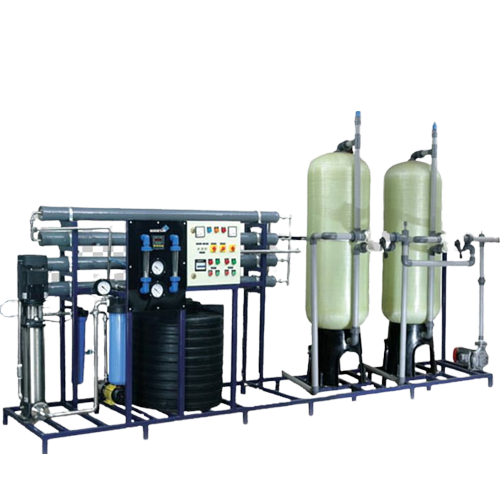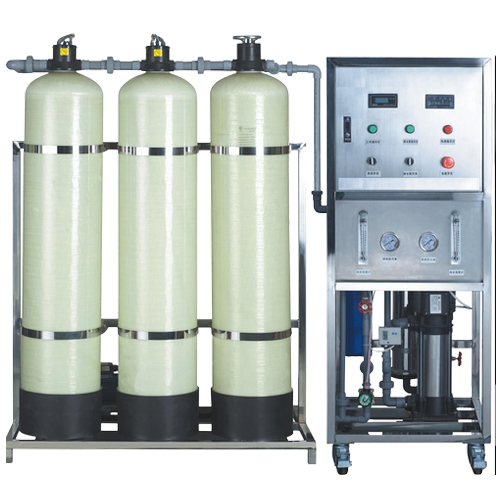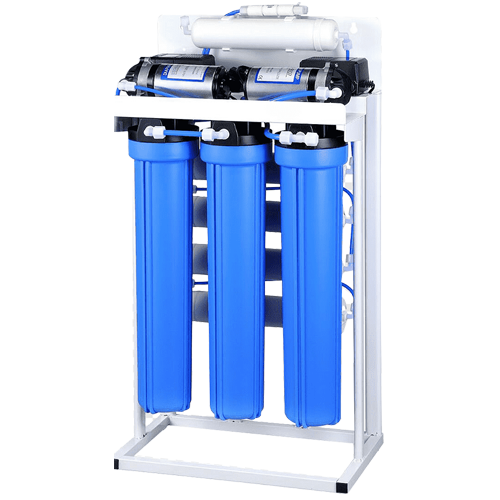What exactly do TDS meters measure? – Cleanjal. Are you curious about the quality of your drinking water and wondering what exactly TDS meters measure? You’re not alone!
There are so many different types of water treatment systems that it can be difficult to determine which one is best for you.
In this post, we’ll dive deep into the world of TDS meters and help you understand how they work and why they are essential in ensuring clean and safe drinking water.
So sit back, relax, and let’s get started on demystifying TDS meters together! Welcome to Cleanjal – your guide to healthy living through pure water.


What exactly do TDS meters measure? - Cleanjal
A TDS meter is an electronic device that measures the total dissolved solids (TDS) in a solution. The TDS of a solution is the sum of all the inorganic and organic matter that is dissolved in it. This includes everything from salts and minerals to pollutants and toxins.
The vast majority of TDS meters on the market use what’s called the conductivity method to measure TDS. This involves passing an electrical current through the solution and measuring how well it conducts electricity. The more dissolved solids there are in the solution, the better it will conduct electricity and the higher the reading on the meter will be.
While the conductivity method is generally accurate, it can be affected by factors such as temperature and pH. For this reason, some TDS meters also come with a built-in temperature sensor and/or pH sensor. These sensors help to compensate for any errors that might occur due to changes in temperature or pH.
Overall, TDS meters are a quick and easy way to measure the overall dissolved solid content of a solution. They’re widely used in a variety of industries, from water treatment and quality control to food and beverage production.
What is TDS?
TDS stands for Total Dissolved Solids and is a measure of all the inorganic salts present in water. The majority of these dissolved solids are made up of calcium, magnesium, potassium, sodium, and chloride ions.
TDS is a measure of water purity, and the higher the TDS level, the more impurities are present in the water. A TDS meter is used to measure the total dissolved solids in water and is an important tool in water quality testing.
How does TDS affect water quality?
TDS is an acronym for Total Dissolved Solids and refers to the combined content of all inorganic and organic matter present in a water sample. In general, the higher the TDS level, the greater the likelihood that the water contains contaminants. While TDS itself is not considered a health hazard, it can be used as an indicator of water quality.
High levels of TDS can make water taste salty or bitter, and can also cause problems with plumbing fixtures and appliances. Water with a high TDS level may also contain harmful toxins and chemicals.
The best way to reduce TDS in your water is to install a reverse osmosis filtration system. This type of system will remove dissolved solids as well as many other contaminants from your water supply.
The benefits of using a TDS meter
A TDS meter is an important tool for anyone who wants to ensure their water is free of contaminants. Here are some of the benefits of using a TDS meter:
- You can test your water at home with a TDS meter to see if it contains harmful contaminants.
- A TDS meter can help you determine how much filtration your water needs.
- A TDS meter can help you troubleshoot problems with your water quality.
- A TDS meter is a valuable tool for monitoring the quality of your water over time.
Different types of TDS meters
There are different types of TDS meters, each with its own specific function. The most common type of TDS meter is the handheld TDS meter. Handheld TDS meters are small and portable, making them ideal for use in the field. They typically have a display that shows the TDS level in parts per million (ppm).
Another type of TDS meter is the inline TDS meter. Inline TDS meters are installed directly in the water line, which allows for continuous monitoring of the water quality. Inline TDS meters typically have more features than handheld models, such as the ability to track historical data and set alarms.
The last type of TDS meter is the remote TDS meter. Remote TDS meters are used to monitor water quality from a distance. They typically have a wireless connection that transmits data to a central location, such as a computer or smartphone.


What exactly do TDS meters measure?
A TDS meter is a device that measures the total dissolved solids (TDS) in a solution. This can be useful for determining the purity of water, as well as for monitoring the desalination process. TDS is a measure of all the inorganic salts that are present in a solution and is expressed in parts per million (ppm). The higher the TDS level, the more impurities are present in the water.
Most TDS meters use an electrode to measure the conductivity of the solution. The more dissolved solids there are in the water, the higher the conductivity will be. The meter then uses this information to calculate the TDS level. Some newer meters also use a temperature sensor to compensate for changes in conductivity that can occur with temperature changes.
The main advantage of using a TDS meter is that it provides an easy and accurate way to monitor water quality. It is important to note, however, that TDS alone does not necessarily indicate whether water is safe to drink. For example, highly purified water may have a very high TDS level due to the addition of minerals such as calcium or magnesium. Similarly, water that contains harmful contaminants such as lead or mercury will also have a high TDS level. Therefore, it is important to use other tests in addition to TDS when testing water quality.
Conclusion
In conclusion, TDS meters are incredibly useful tools in water testing and can help alert us to contaminants or imbalances that can be harmful. They measure the Total Dissolved Solids (TDS) present in a sample of water, indicating its purity and mineral content. Knowing what exactly TDS meters measure is important for anyone looking to keep their drinking water safe and clean.


